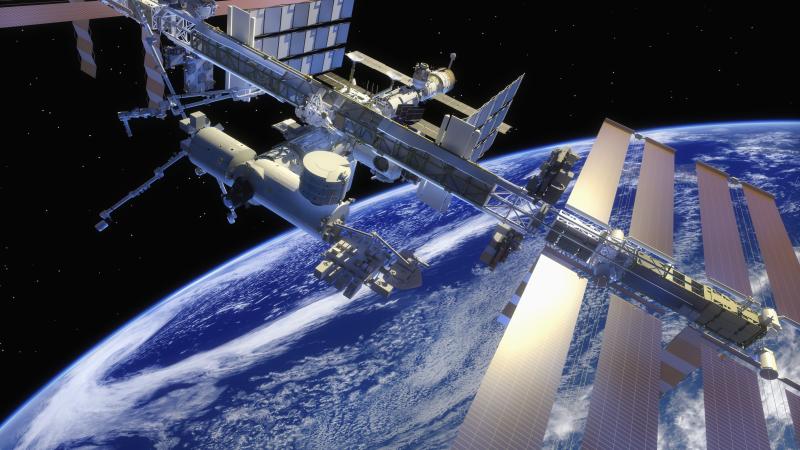New York cracks down on unlicensed pot shops
New York City Mayor Eric Adams has estimated nearly 1,500 unlicensed dealers are selling illegal cannabis at retail stores.
New York's pot cops are seizing cannabis products and shutting down unlicensed storefronts as part of a statewide crackdown on illegal dispensaries.
Over the past week, the state Office of Cannabis Management and Department of Taxation and Finance have sent investigators to investigate New York City, Ithaca and Binghamton stores that have been selling cannabis without state licenses. The crackdown resulted in fines and "cease and desist" orders to dozens of businesses, officials said.
Gov. Kathy Hochul said the crackdown is aimed at enforcing the state's recreational cannabis law as more legal shops open by weeding "bad actors" out of the retail pot market.
"Unlicensed dispensaries violate our laws, put public health at risk, and undermine the legal cannabis market, and we will continue to take these critical enforcement measures to protect New Yorkers from illicit, unregulated sales," she said.
The move follows approval of legislation, tucked into the $229 million fiscal year 2024 state budget, increasing civil and tax penalties for unlicensed and illicit sales of cannabis in New York and expanding the enforcement powers of the state Office of Cannabis Management and the Department of Taxation and Finance to target unlicensed pot shops.
Under the new rules, unlicensed cannabis businesses face civil penalties, including fines of up to $20,000 per day. The law makes it a crime to sell cannabis products without a license.
The Department of Taxation and Finance can also conduct regular inspections of cannabis businesses to ensure state taxes or fines have been paid.
New York legalized recreational cannabis in 2021 under legislation signed by then-Gov. Andrew Cuomo, allowing cultivation and retail sales and setting up a system of taxation and regulation for the new industry. To date, about 10 retail pot shops have opened across the state, most of them in New York City, officials say.
To date, at least 21 states, the District of Columbia, and the U.S. territory of Guam have legalized recreational marijuana, to the National Conference of State Legislatures. Thirty-seven states have medical marijuana programs.
But New York's rollout of the recreational market was delayed, in part, by a lawsuit alleging that state regulations illegally gave preference to New York residents for pot licenses. A ruling by the U.S. Second Circuit Court of Appeals in May allowed New York to begin issuing operating licenses to qualifying pot businesses in most regions of the state.
The delay meant that growers couldn't sell their products on the legal market, creating a surplus of pot that couldn't be sold legally. Meanwhile, illegal storefront operations proliferated over the past year, prompting calls to Hochul to crackdown on unlicensed sales.
New York City Mayor Eric Adams has estimated nearly 1,500 unlicensed dealers are selling illegal cannabis at retail stores across the Big Apple, which reopen as quickly as city police shut them down. He has urged the state to crack down on illegal dispensaries.
In April, Hochul unveiled a taxpayer-funded public education campaign calling on cannabis users to “buy legal” and urging them to avoid the illegal market.
Despite preliminary estimates projecting sales of more than $1 billion in 2023, state regulators said last month the adult-use sales in New York state have generated only $16.5 million since the first dispensary opened in December.
Regulators say they expect sales to pick up this year, with more than 215 provisional state licenses for recreational cannabis operations issued to date.
















